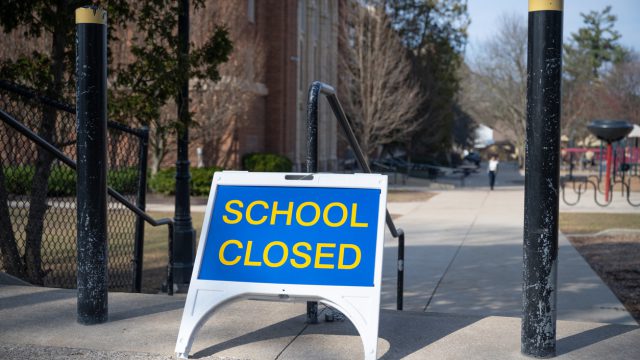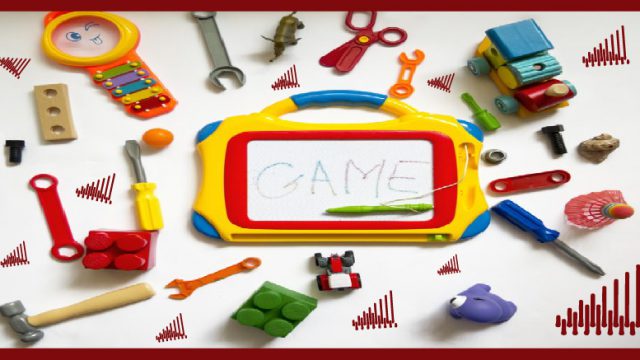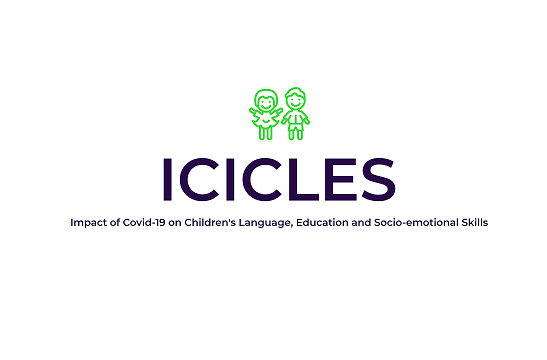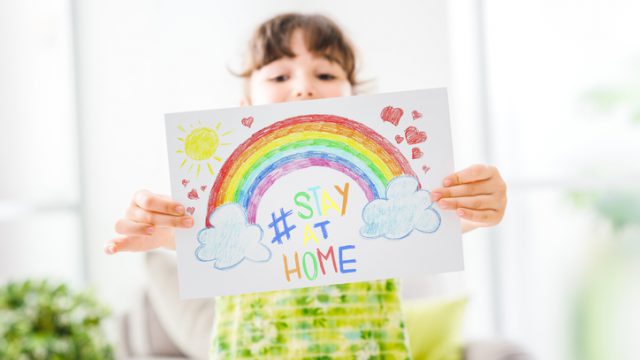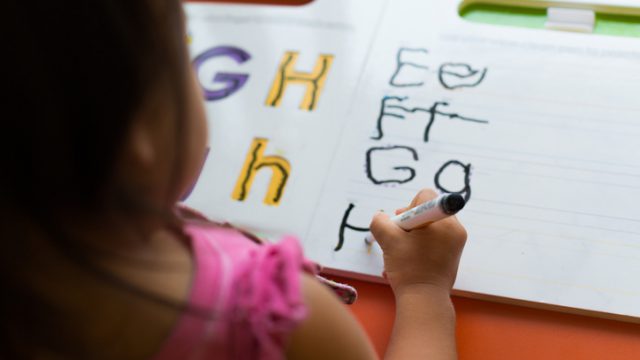Covid-19 and the Impact on Early Years Education
Covid-19 has caused massive disruption to education, in particular for Early Years settings, which received substantially less support than schools. Our Deputy Director Professor Adrian Pabst spoke with Dr Claudine Bowyer-Crane, Associate Research Director for Education and Skills about the findings of her research in this key area of public policy.
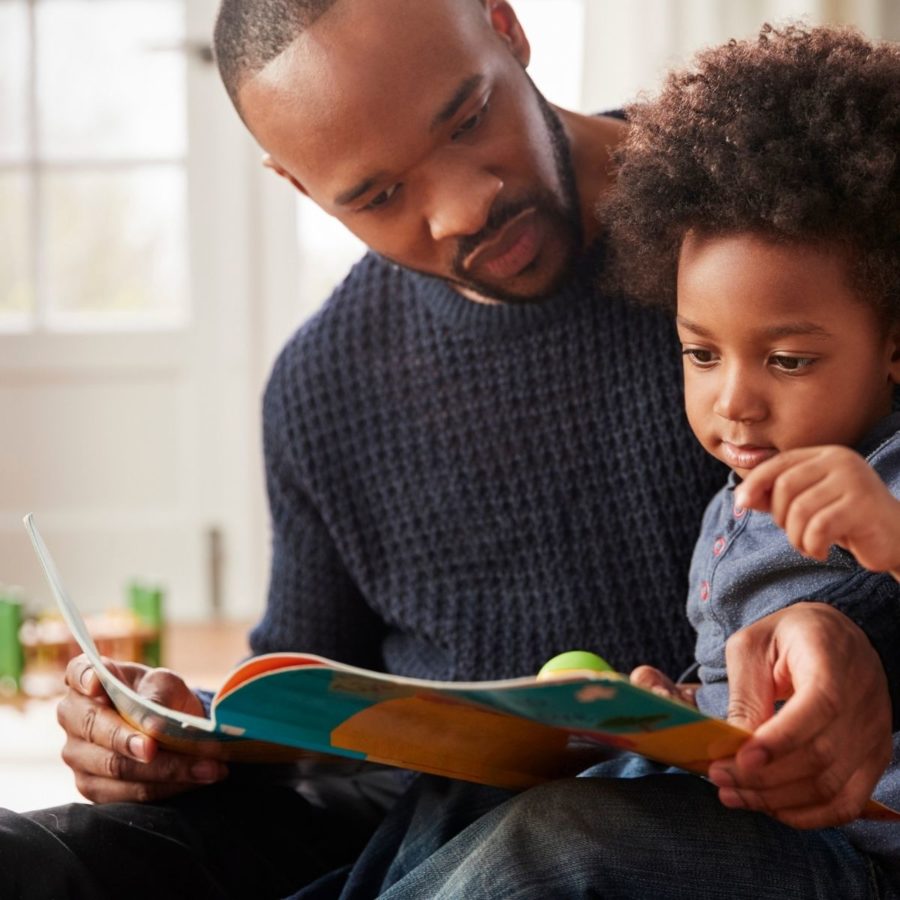
While early years settings have remained open following the first national lockdown, attendance has been lower than expected meaning that many young children have not received the high-quality input that has been shown to have a significant impact on later educational outcomes and socio-emotional development. Families with young children have had to juggle childcare and home learning with working from home. The pandemic has widened the disadvantage gap in terms of educational outcomes and has significant implications for social mobility.
The question now is how the sector will recover to mitigate against this increasing inequality. In the October 2021 budget the Chancellor announced an investment of approximately £500m over the period from 2022/23 to 2024/25, increasing the core funding for early years places. In addition, £150m has been allocated to training for early years staff. This investment is a step in the right direction, but it is unlikely to be sufficient support in the short term, particularly since early years providers have been excluded from the 50% business rates relief offered to retail and hospitality over the next year.
What is the impact of Early Years learning on lifetime wellbeing?
Children’s development occurs rapidly in the early years. Take oral language as an example. Babies typically produce their first words around the age of 12 months, although they begin to understand language earlier. At approximately 18 months they know approximately 50 words, and at around 18 – 24 months there is a vocabulary explosion, with children starting to put together simple sentences. By the age of 5 years, children use around 2,000 words, understand around 5,000 and can produce far more complex sentences. Such rapid development also occurs for physical, socio-emotional and cognitive skills. These early skills form the foundation for later learning and development. Therefore, learning that takes place in the early years is vital to children’s outcomes both at school age and beyond.
Research from the Effective Preschool and Primary Education Project (EPPSE) showed that children who attended preschool had better educational and social outcomes at the end of primary and secondary school, with higher GCSE scores, and the potential for higher earnings. The Study of Early Education and Development also finds a relationship between attending preschool and children’s outcomes at age 3 and age 7. However, while attendance at early years settings has clear benefits, studies have also found that a child’s early home learning environment was also vitally important, having been found to be related to school readiness as well as educational outcomes and socio-emotional development.
How has the Covid crisis affected Early Years’ learning?
Early Years settings were partially closed during the first national lockdown, with only children of key workers and vulnerable children able to attend. In subsequent lockdowns, early years settings have remained open. Nonetheless, figures published by the Department for Education in December 2021 showed that attendance had not returned to pre-pandemic levels. As such, many children have not had the benefit of high-quality input from early years practitioners, making the home learning environment even more important. However, families have been and are still grappling with balancing childcare, with home-working, health concerns and continued disruption caused by Covid-19 related staff absences in schools and nurseries. Moreover, a report from the Children’s Commissioner showed that a high proportion of children were living in adverse conditions during lockdown, experiencing poverty, domestic violence, parental mental health issues and parental substance abuse.
In our research carried out with approximately 60 schools and over 650 parents after the first lockdown, we found that teachers were particularly concerned about the impact of the pandemic on children’s language and communication, socio-emotional and physical development, while parents were worried about their children’s school readiness and social wellbeing. These findings were reflected in our recent review of data published over the course of the pandemic. The key findings of that review showed that limited opportunities for social interaction and limited access to early years settings may have had a negative impact on children’s socioemotional wellbeing and language development. In addition, concerns were raised about delayed physical development caused by limited access to outdoor space, cramped living conditions and financial difficulties leading to poor nutrition. It is too early to draw any firm conclusions about the impact of Covid-19 on children’s early learning, but it is likely that many children will need additional support as we move through the pandemic.
How can early intervention support the development of a high-quality home learning environment?
Given the importance of the home learning environment, it is vital that families are supported in providing high-quality early learning experiences for their children. The Better Start Bradford project, which I have been working on for over five years, is one of five Better Start initiatives across the country that are aiming to do just that. Through programmes aimed at improving maternal mental health, antenatal care, nutrition, socio-emotional development and language and communication, the Better Start Bradford aims to improve outcomes for families with children up to three years of age.
In a recent study, we showed how a home-based language intervention programme could improve both children’s language outcomes and the interactions between mother and child. Commissioned by Better Start Bradford, the Talking Together programme is delivered by Bradford based charity BHT Early Education and Training. All children aged 2 years in the Better Start Bradford area are offered an early language screener. Families who would benefit from additional support are then offered Talking Together; a six-week programme in which a language development worker visits a family in the home and supports them in developing their knowledge of early language development, the importance of play, and how to interact with your toddler, amongst other things.
Our findings showed that families who received this programme found it a positive experience and enjoyed taking part. In addition, compared to families who had not received the programme, children’s scores were higher on a measure of language, and mothers showed greater warmth towards their children. While these findings are preliminary, they show that intervening early with families can make a positive difference.
